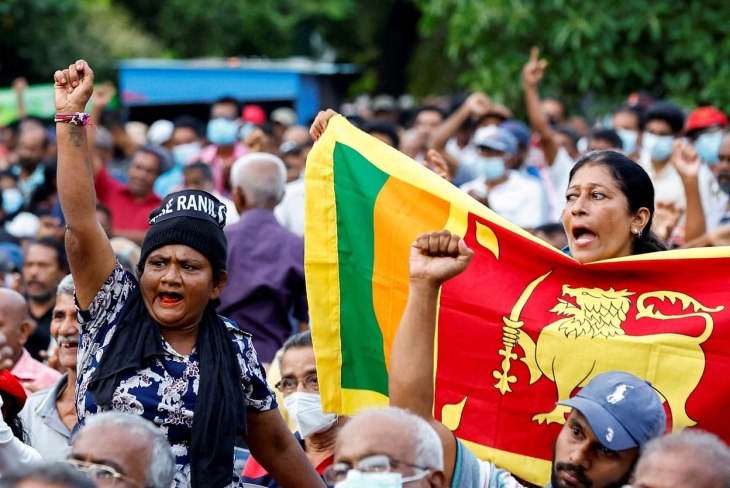Some of the world’s most powerful hedge funds and other investors have taken a hardline stance during debt restructuring negotiations with Sri Lanka, according to a statement issued by 182 economists and development experts from around the world.
The 'Debt Justice' group – including the Indian economist Jayati Ghosh, Thomas Piketty, the author of the bestselling book Capital, and Greece’s former finance minister Yannis Varoufakis – said private sector creditors such as investment companies and hedge funds were preventing a deal.
“Debt negotiations in Sri Lanka are now at a crucial stage,” the statement says. “All lenders – bilateral, multilateral, and private – must share the burden of restructuring, with the assurance of additional financing in the near term.”
Private creditors own almost 40% of Sri Lanka’s external debt stock, mostly in the form of international sovereign bonds, although the higher interest rates levied on the bonds mean they receive more than 50% of external debt payments.
“Such lenders charged a premium to lend to Sri Lanka to cover their risks, which accrued them massive profits and contributed to Sri Lanka’s first-ever default in April 2022. Lenders who benefited from higher returns because of the ‘risk premium’ must be willing to take the consequences of that risk.”
In a statement released to the Guardian on Sunday, the group said extensive debt cancellation was needed to give the economy a chance of recovery and that Sri Lanka would be a test case of the willingness of the international community to tackle a looming global debt crisis.
A loan from the International Monetary Fund will only be provided once the Washington-based organisation is confident Sri Lanka’s debts are sustainable, but the 182 economists fear the tough stance adopted by private creditors will result in a poor deal for Colombo.










